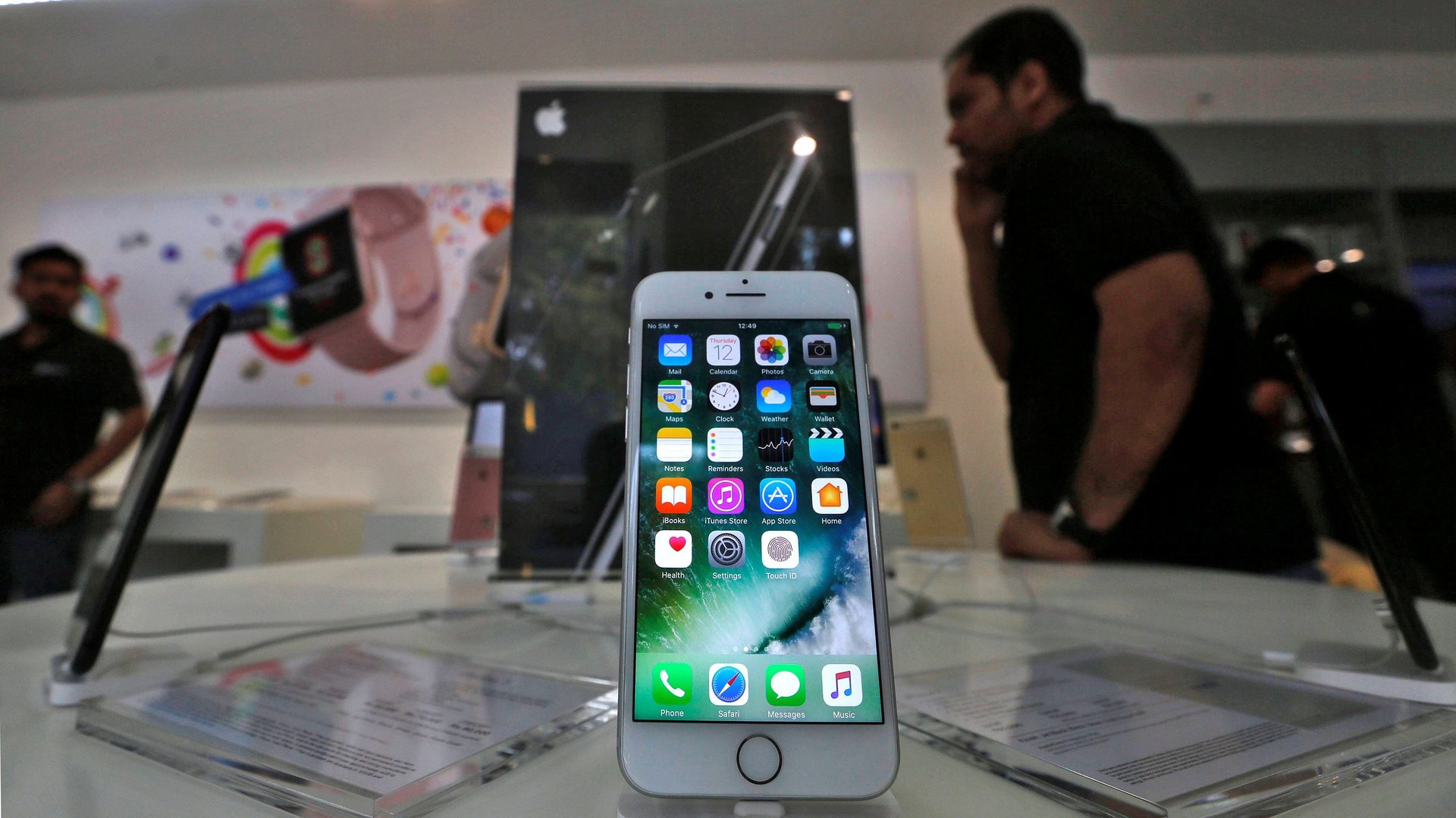India has laid down another brick to help Apple build its stores
India has taken another step to facilitate the opening of an Apple store in Asia’s third-largest economy, and now the ball is in the iPhone maker’s court.


India has taken another step to facilitate the opening of an Apple store in Asia’s third-largest economy, and now the ball is in the iPhone maker’s court.
On Jan. 10, the Narendra Modi government allowed 100% foreign direct investment (FDI) in single-brand retail under the automatic route. So far, foreign companies needed government approval if their share was above 49%. Cupertino-based Apple, which has been looking to open direct stores in India for a while now, is likely to be one of the biggest beneficiaries of this move.
A decade after iPhones began selling here, Apple still doesn’t have its own store in India and sells via third-party retailers and e-commerce sites.
As sales in China, Apple’s growth engine, slows, India has gained importance, and having a direct store here could signal its seriousness about the country.
“There’s a sense of exclusivity (at a direct store). If you have stores here, you can control the overall experience,” Jaipal Singh, an analyst at the International Data Corporation (IDC) India, told Quartz. “Strengthening the brand value in India will help build a stronger base in the premium segment.”
But a store probably won’t make too much of a dent on Apple’s revenues in the country. After all, most smartphone sales in India now happen online and most tier II and tier III city customers will continue to rely on online channels. However, the stores will “help the existing user base in metros in upgrading in a better way,” said Tarun Pathak, an associate director with Hong Kong-based Counterpoint Research.
The FDI move is one of the many that the Indian government has taken of late to ease Apple’s bumpy ride into the country. For instance, in June 2016, it relaxed the rules mandating 30% local-sourcing by exempting foreign players for their first three years of operations.
Meanwhile, in financial year 2017, Apple’s revenue growth in India hit a six-year low of 17% to Rs11,619 crore ($1.8 billion), far less impressive than the 53% increase it logged the previous year. In December, Apple’s India chief, Sanjay Kaul, resigned after a six-year stint. The company has also been in a deadlock with the government over selling refurbished phones in the country. Things worsened in December when India hiked customs duty on some electronic items from 10% to 15%, making the already expensive iPhones dearer by average of 3.5%. Apple has so far made no comment on its plans.